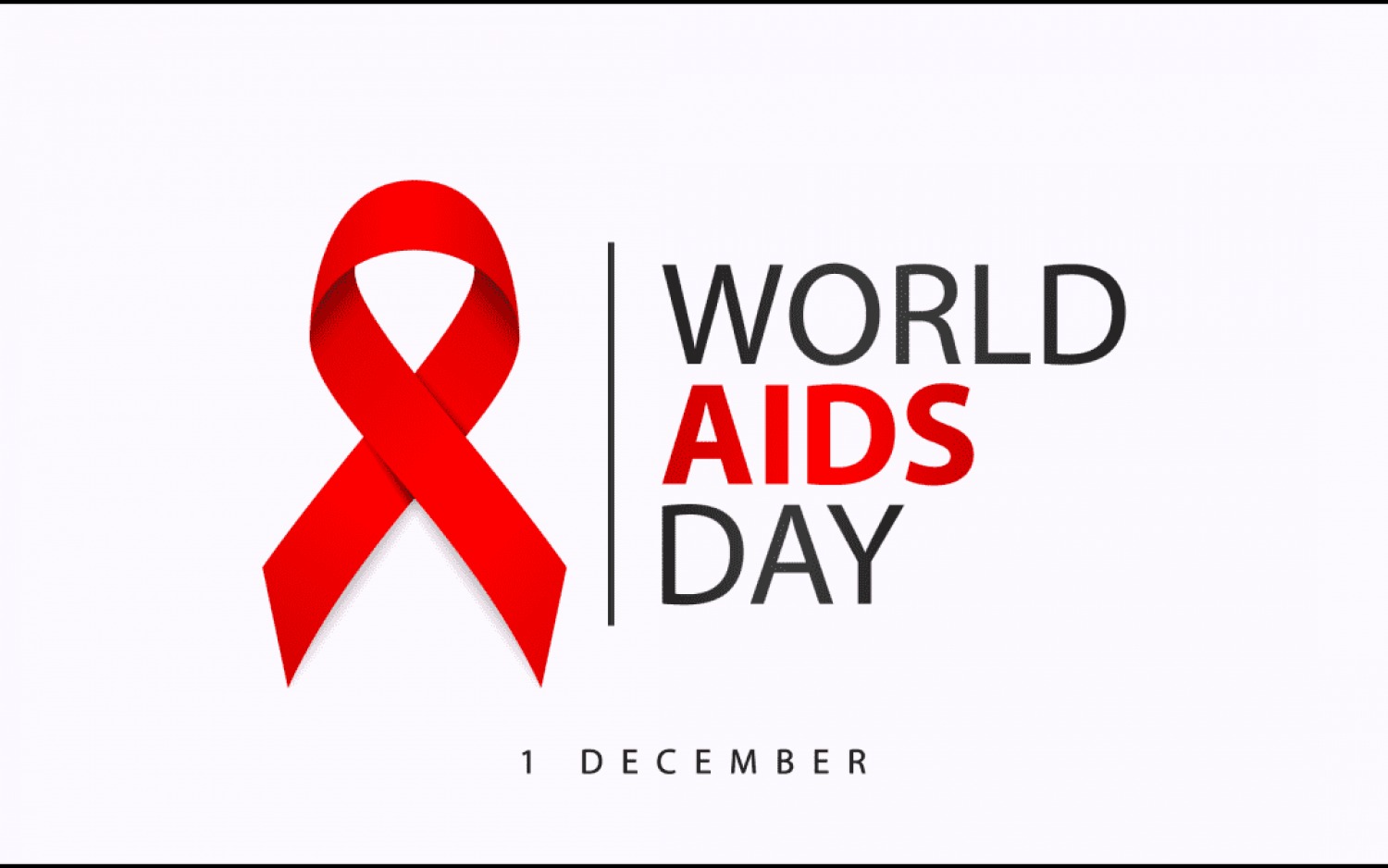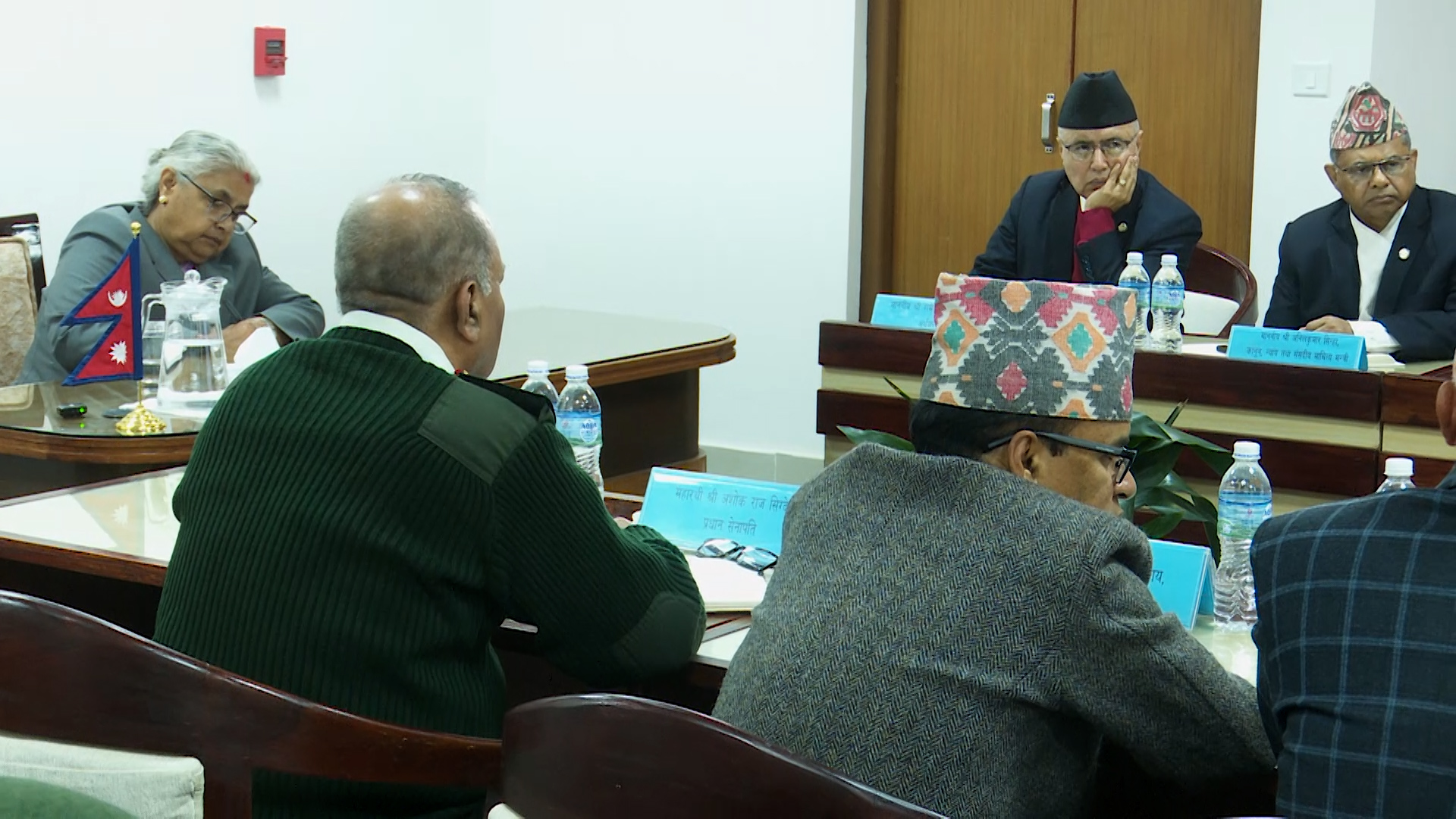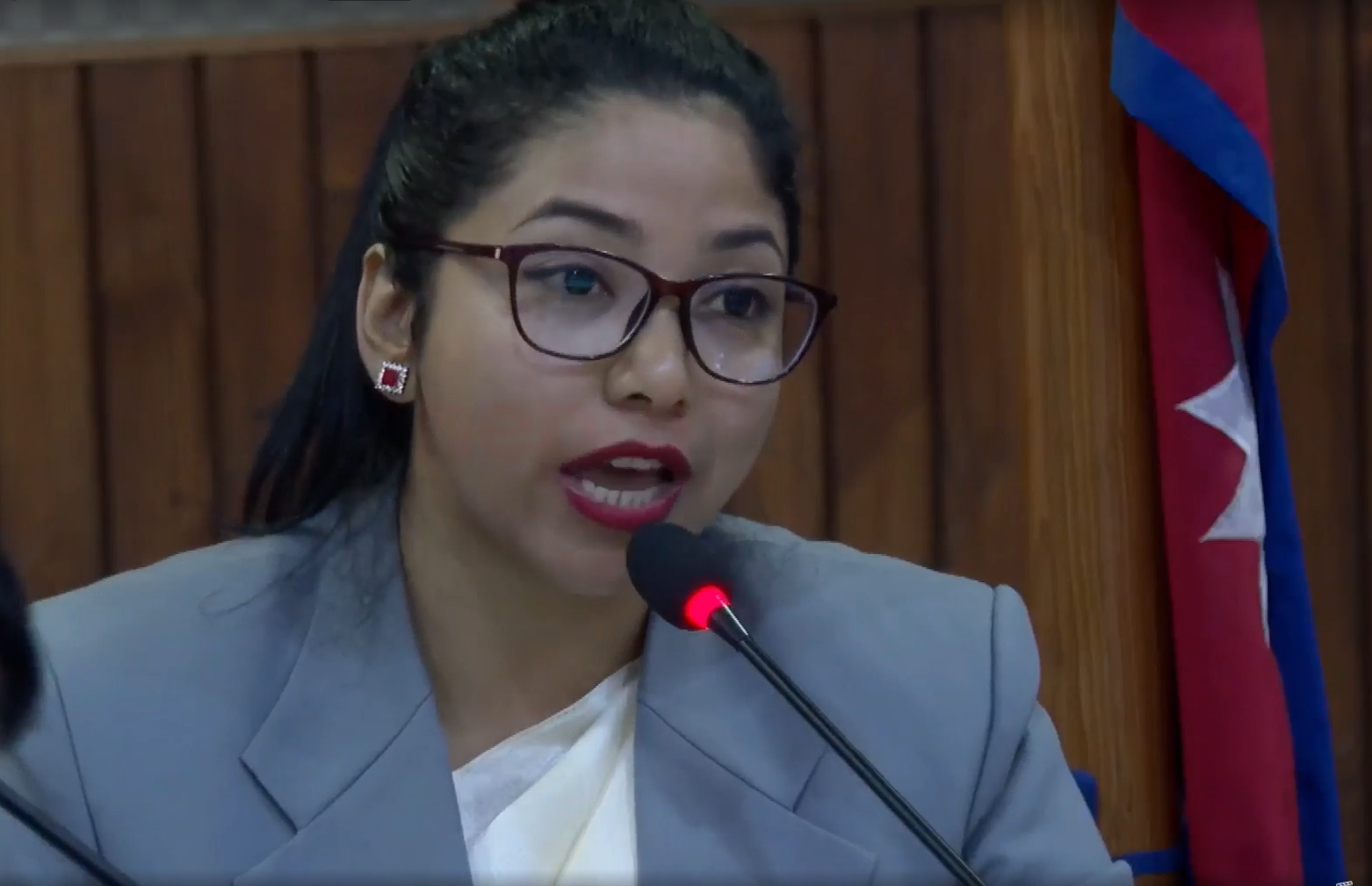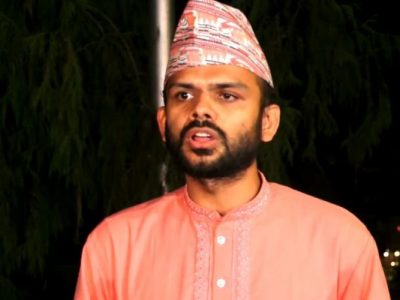Nepal Observes 36th World AIDS Day with a Call to “Let Communities Lead”

Kathmandu, Dec 1: Nepal joins the global community in observing the 36th World AIDS Day, marked by a series of awareness programs aimed at promoting understanding and prevention of HIV/AIDS. The theme for World AIDS Day 2023 is “Let Communities Lead,” emphasizing the role of communities in addressing and combating the challenges posed by HIV/AIDS.
The National Center for AIDS and STD Control, operating under the Ministry of Health and Population, has taken the lead in organizing awareness programs and messages to mark this significant day. These initiatives are crucial in disseminating information and fostering a collective understanding of the impact of HIV/AIDS.
Since the identification of the first HIV infection case in 1981, a staggering 85.6 million people worldwide have been living with HIV/AIDS. Tragically, 40.4 million individuals have lost their lives due to this infection. The global reality emphasizes the ongoing need for awareness, prevention, and support.
Alarming statistics reveal that 3,600 people contract HIV each day globally, underscoring the persistent challenges in addressing and controlling the spread of the virus. This highlights the urgency of continued efforts to raise awareness and implement effective preventive measures.
The National Center for AIDS and STD Control estimates that 30,000 people in Nepal were living with HIV by the end of 2022. Shockingly, on average, one person is infected with HIV every day in Nepal. These figures underscore the importance of sustained awareness campaigns, testing facilities, and accessible healthcare resources.
The chosen theme, “Let Communities Lead,” emphasizes the pivotal role communities play in tackling the HIV/AIDS crisis. By empowering and involving communities, the approach to prevention, treatment, and support becomes more effective and responsive to the unique challenges faced by diverse populations.
As Nepal marks the 36th World AIDS Day, the focus on “Let Communities Lead” signals a shift towards a more inclusive and community-driven response to HIV/AIDS. It calls for collective efforts, understanding, and support to eliminate the stigma associated with the virus, promote awareness, and ultimately work towards a world free from the impact of HIV/AIDS. The ongoing commitment to addressing this global health challenge is crucial for the well-being of individuals and communities worldwide.
Facebook Comment
latest Video
Trending News
- This Week
- This Month

















